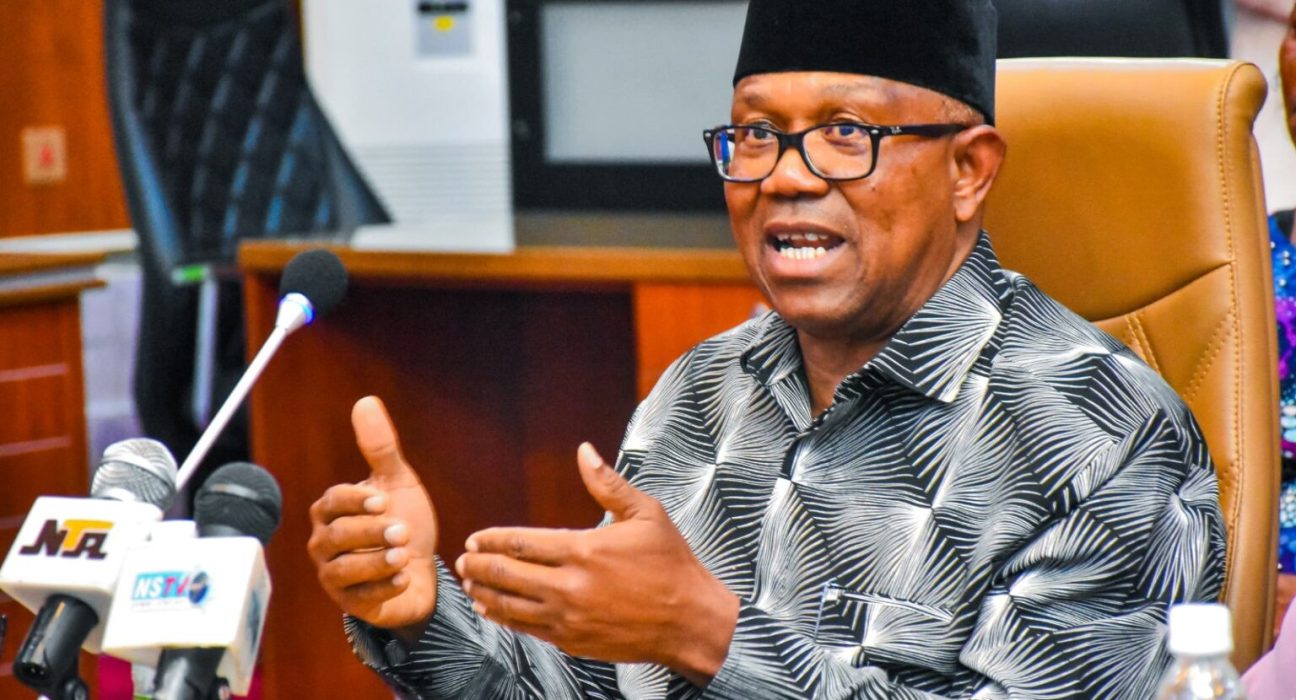Former presidential candidate and Labour Party stalwart, Mr. Peter Obi, has stirred fresh political discourse with a bold declaration that the year 2027 will not mirror the past, hinting at a shift in Nigeria’s political and governance trajectory. In a remark that has since gained traction across social and political platforms, Obi stated pointedly, “2027 will be different,” sparking renewed speculation about his future ambitions and the broader direction of Nigeria’s democratic journey.
While the comment was brief, the weight it carries cannot be dismissed. Coming from a figure whose 2023 presidential run redefined voter engagement and awakened a new wave of youth political consciousness, such a statement signals preparation, perhaps even a strategic repositioning, ahead of the next electoral cycle. Political analysts and observers alike believe the former Anambra State governor is sending a clear message to both the political establishment and the Nigerian electorate, that the tides of change remain in motion and that the outcome of the next election could deviate sharply from historical patterns.
In the aftermath of the 2023 general elections, which were marked by controversies over electoral integrity, voter suppression in key areas, and debates around the credibility of result collation systems, Obi has remained one of the loudest voices advocating for electoral reform, transparent governance, and people-centered policies. His insistence on accountability, digitalized electoral processes, and investment in human capital has continued to resonate with a wide cross-section of Nigerians, particularly the younger demographic that powered his campaign into the national spotlight.
2027 is already shaping up to be a pivotal year in Nigeria’s democratic timeline. With increasing demand for restructuring, improved service delivery, and responsible leadership, there is mounting pressure on all political actors to deliver more than promises. Nigeria’s economic challenges, from inflation and currency instability to rising insecurity and a struggling education system, have left many citizens disillusioned. It is against this backdrop that Obi’s comment draws heightened significance.
Though he has not officially declared interest in contesting again, Peter Obi’s political presence remains formidable. His message is being interpreted by supporters as a rallying cry for sustained civic engagement and continued push for structural reform. Political insiders suggest that his movement, once dismissed as an internet-based campaign, has matured into a credible national force that could tilt the balance of power in 2027, especially if coalitions are formed across party lines.
As the countdown to 2027 begins, Nigerians will be watching closely. Will the promises of a “different” Nigeria materialize through systemic reform, credible elections, and responsive governance? Or will entrenched interests continue to dominate the political landscape? Whatever the outcome, one thing is certain, Peter Obi’s voice remains central to the national conversation, and his latest statement may be the opening salvo in a larger political script yet to unfold.
